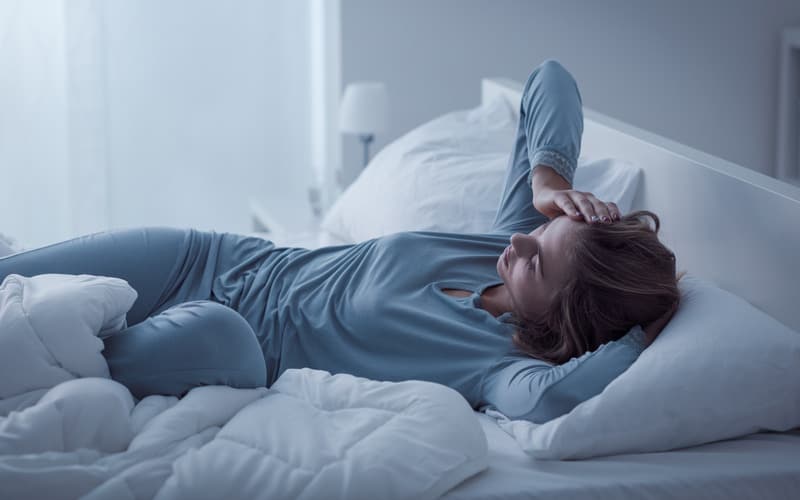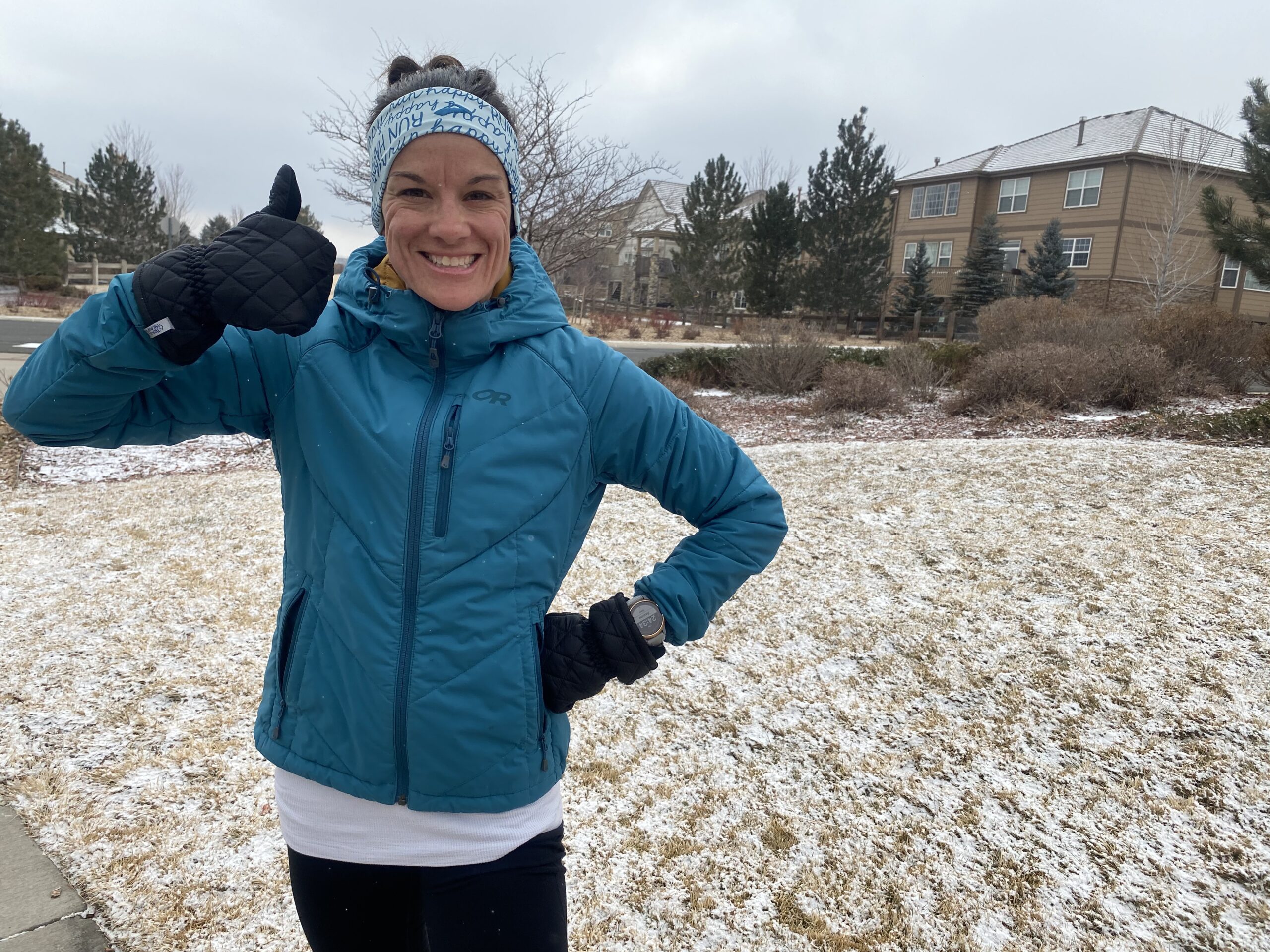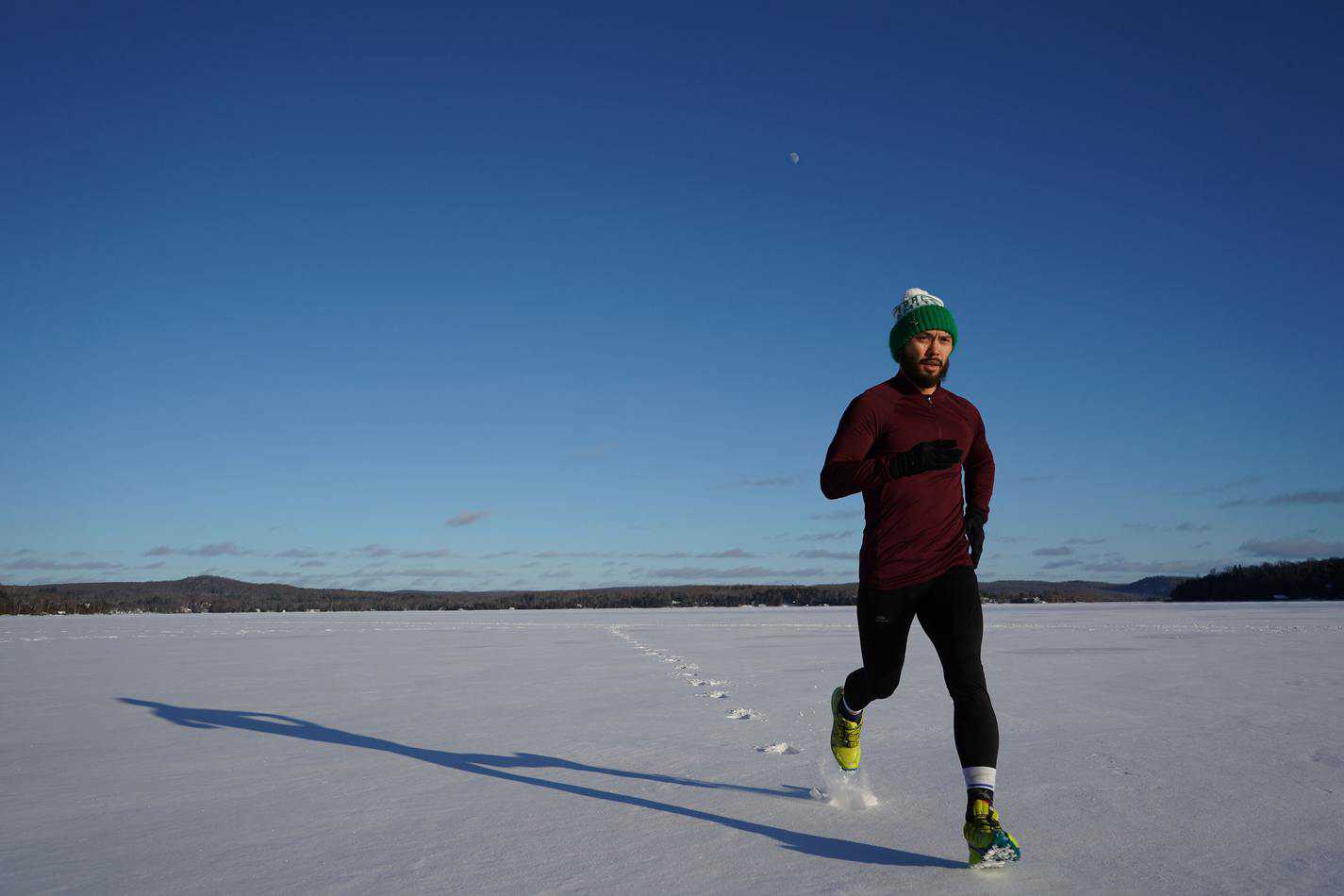Most runners love working up a good sweat. This is a sign that they are putting in the effort they need to become faster and stronger. This is a byproduct of aerobic exercise and they are increasing their cardiovascular endurance to work toward higher mileage. What most people don’t like is sweating long after that exercise is over. Worse still is waking up in the middle of the night drenched in sweat. Some runners experience night sweats, especially during marathon training, and I wanted to find out why that is.
Runners who have been involved in the sport for a long time may not experience this phenomenon at all. It’s not even all that common for new runners. So, why do some runners experience night sweats and not others? There are 4 main reasons night sweats can happen during marathon training:
- Increase in Training
- Night Running
- Eating Late
- Something Unrelated to Running
Sweating during the night is usually not cause for concern, especially if you start to notice it after doing something different in your training. But I think we can all agree that this isn’t comfortable and can interrupt important sleep. Here we’ll outline what’s causing the night sweats and how you can get it under control.
Relating Night Sweats to Running
When we’re talking about night sweats, we’re not attributing this to one extra warm night where you left the covers on too long. Instead, if you notice a recurring waking of being covered head to toe in sweat, you’ll want to get to the underlying cause. When this side effect is related to your training in some way, your metabolism is probably what’s responsible for any night sweating that is occurring.
Michael Grander of the University of Arizona College of Medicine explained to Time Magazine that, “a person’s body temperature naturally dips just before bed, which promotes sleep.” So when a person’s metabolism is sped up for any reason, it can raise the body’s temperature before they drift off for the night. Although there can be underlying medical causes for someone to wake up sweating every night (consult your physician if you are concerned), if this has coincided with any change in your fitness, that’s most likely the culprit. Marathon training easily fits into this category.
Sharp Increase in Training

Why you may experience night sweats from an increase in training:
You may have been a runner for a long time, but anyone who’s trained for a marathon knows that the miles you’ve run in the past won’t cut it. This leads to a sharp increase of both mileage as well as the type of running you’re doing.
The great part of this is that you’re building cardiovascular endurance, speed, and strength. Your body responds by ramping up the metabolism. Most of us understand the process of metabolism in that it burns energy, but it’s also responsible for humans’ ability to survive by giving us the ability to do things such as breathe, digest, etc. It’s also responsible for our temperature regulation, which is where the night sweats come in.
This article from livestrong.com also relates night sweats to changes in the thyroid gland. They state, “When you exercise at a higher intensity than usual, your thyroid releases more hormones to help fuel the increased activity.” As this new hormonal shift occurs, you might have night sweats as a side effect.
If you have suddenly added in higher mileage, speedwork, or strength training into your running regimen, it wouldn’t be surprising if you started experiencing night sweats.
What you can do to stop the night sweats:
This is not a cause for worry and is more annoying than anything. Luckily you don’t need to slow down your training as long as you have no other signs of overtraining (such as injury). Your body will adapt to your new schedule and its new normal of a much higher calorie burn. If you stay consistent in your training, your night sweats should subside shortly.
In the meantime, you may want to opt for a different set of sleepwear. Choose a moisture-wicking fabric to keep the dampness away from your body. You can also purchase moisture-wicking and cooling sheets, blankets, and pillows specifically designed for people experiencing night sweats. These will help you stay comfortable through the process.
Late Night Running
Most runners I know prefer to get their running out of the way as soon as the day begins. I personally prefer this because otherwise, I feel like there are just too many excuses I can conjure up to get out of my run. Plus it energizes me for the rest of the day.
However, some runners choose to run in the evening. This is often related to their work schedule. When I was still a classroom teacher with three kids under age 5, it was next to impossible for me to run in the mornings during the week. In order to fit it all in, night runs are sometimes the only way. You do what you have to do!
So what does this all have to do with night sweats?
Since running boosts your metabolism and puts it into overdrive post-workout, sweating can occur even after your workout is complete. If you are running later in the evenings, this sweating can move into your sleeping time. Instead of your body naturally slowing down to prepare for sleep, you haven’t given your body enough time to do so. Sometimes there just hasn’t been enough time between the end of your workout and resting to cool down completely. You might find yourself woken up in the middle of the night covered in sweat.
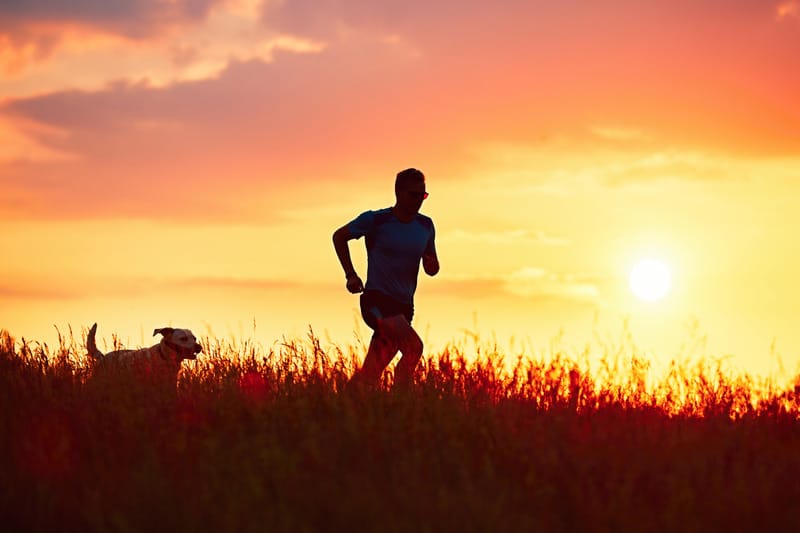
What you can do to stop the night sweats:
Well, I hate to break it to you, but if this is your situation and you can’t deal with the night sweats, you need to run earlier. You’re just not giving your body’s metabolism enough time to slow down before hitting the hay. This may mean getting creative with your schedule: utilizing a treadmill if you need to run in the morning before it’s light out or even doing a 2-a-day where you run part of your miles on your lunch break and the rest after work.
The other factor in running late in the day is that you also may be eating late. This, too, can be a reason for your night sweats.
Eating Late After a Run Can Cause Night Sweats
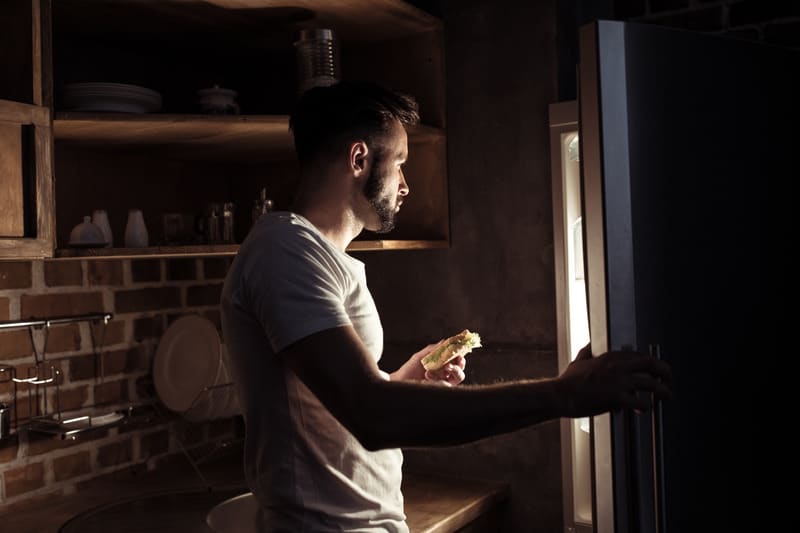
Though having a little snack before bed is probably not the reason for your night sweats, enjoying dinner following a late-run might. When you combine this with your increased metabolism from late evening miles, sweating is completely normal.
A couple of runners I read about on a forum recently complained of night sweats. Their evening schedules were very similar and looked something like this:
7:00 pm: Run (late)
8:30 pm: Eat Dinner (way too late)
10:00 pm: Bed
You can see where these runners were not giving their bodies an optimal period of cooling down. Plus, eating late disrupts the body’s natural metabolic pattern. Especially if your meal is high in carbohydrates. White, processed carbs such as rice, potatoes, and pasta have a high glycemic index which can cause your blood sugar to spike before sleeping. (These foods are still great for pre-running as we talk about in this article, but not so great post-run right before bed.) And if you add alcohol, that can contribute as well. When this is combined with intense exercise close to bedtime, the body ramps up the heat – and hello night sweats.
What you can do to stop the night sweats:
Again, a change in your routine is going to be your best bet here. I obviously don’t know your schedule, but I do know from my own experiences that carving out a different time to run might be more doable than you first realize. Assess your schedule and see if you can shift things around a bit in order to either not run so late or eat so late…or do both earlier. If that’s not possible, try eating a meal lower in “empty” white carbs and higher in protein and whole grains and see if that does the trick.
New to Marathon Running? Check out my Top 10 Marathon Runner Must Haves!
When Night Sweats Aren’t Related to Your Running
The chances are high that if you are noticing an increase in sweating at night around the same time your marathon training is ramping up, the two are related. However, if you are noticing other symptoms that give you unease, it would be best to see your doctor to rule out any other underlying condition. Although night sweats aren’t normally a reason to be alarmed, only your doctor can help you determine that for sure.
Making the simple adjustments noted above, however, might eliminate your night sweats altogether and then you’ll have your answer. And if it’s just that you’re new to the extra intensity that marathon training is sure to bring, I promise it won’t last.
Wishing you more peaceful (and drier) nights ahead.
*As an Amazon Associate I earn from qualifying purchases.
